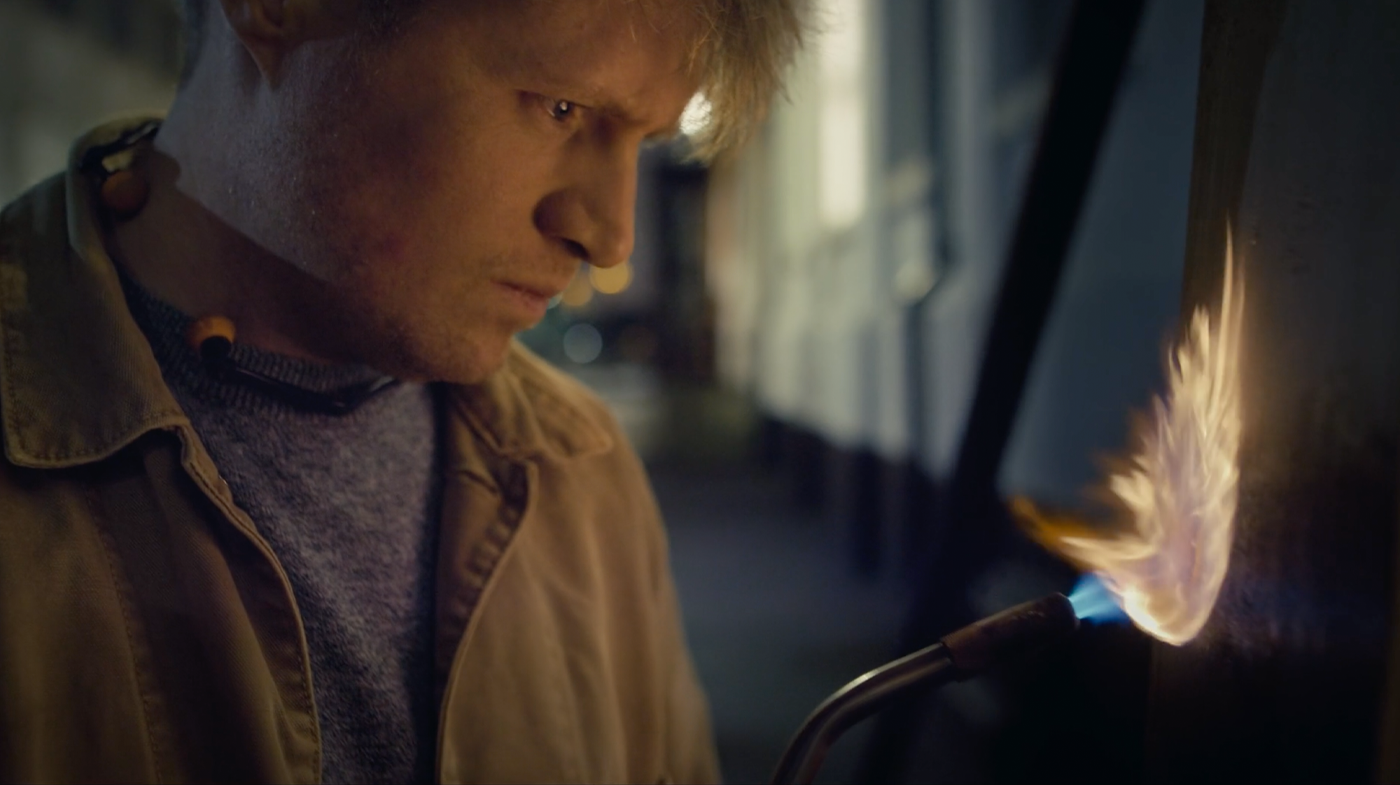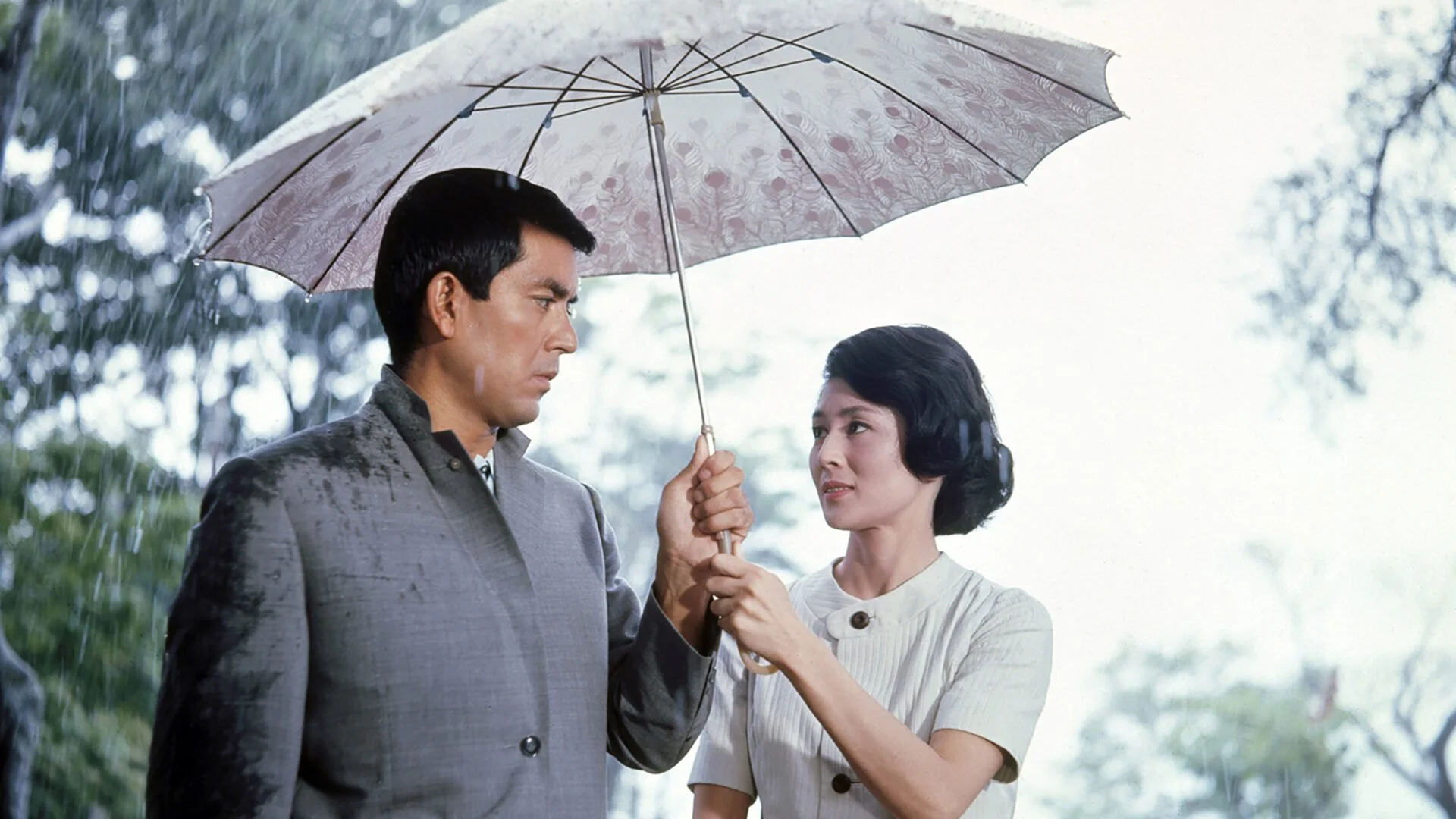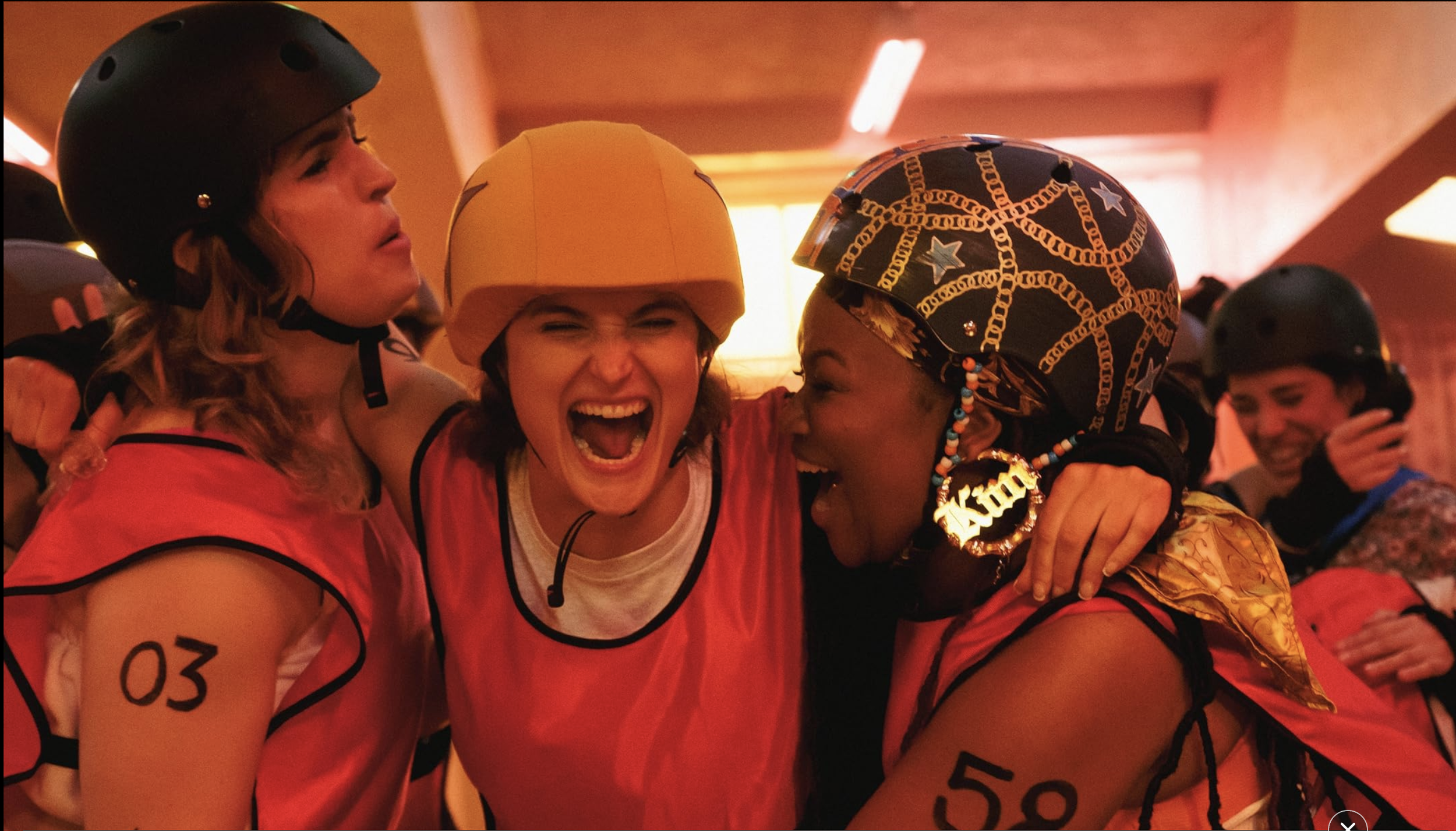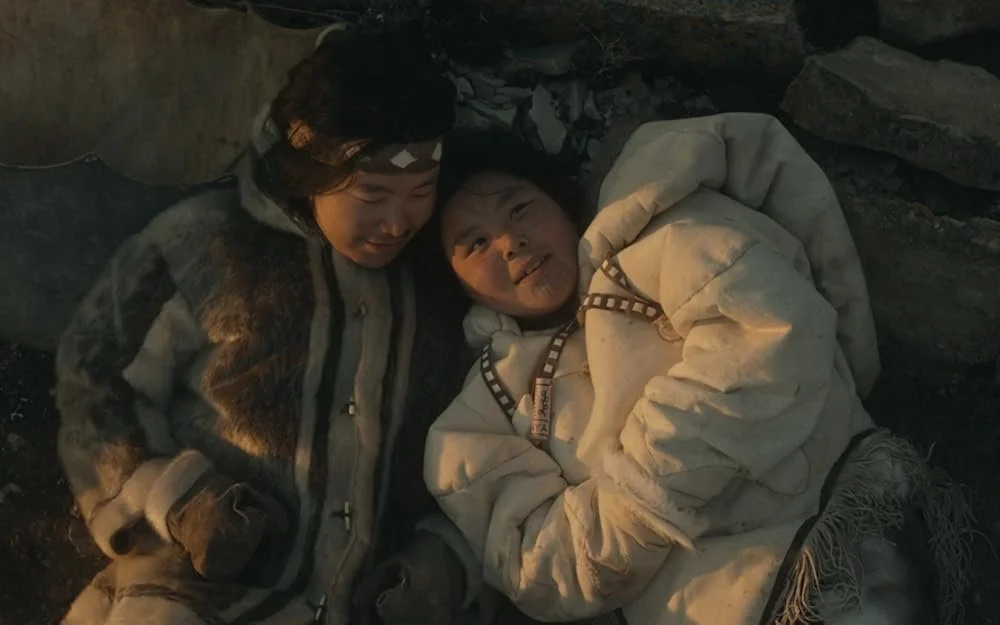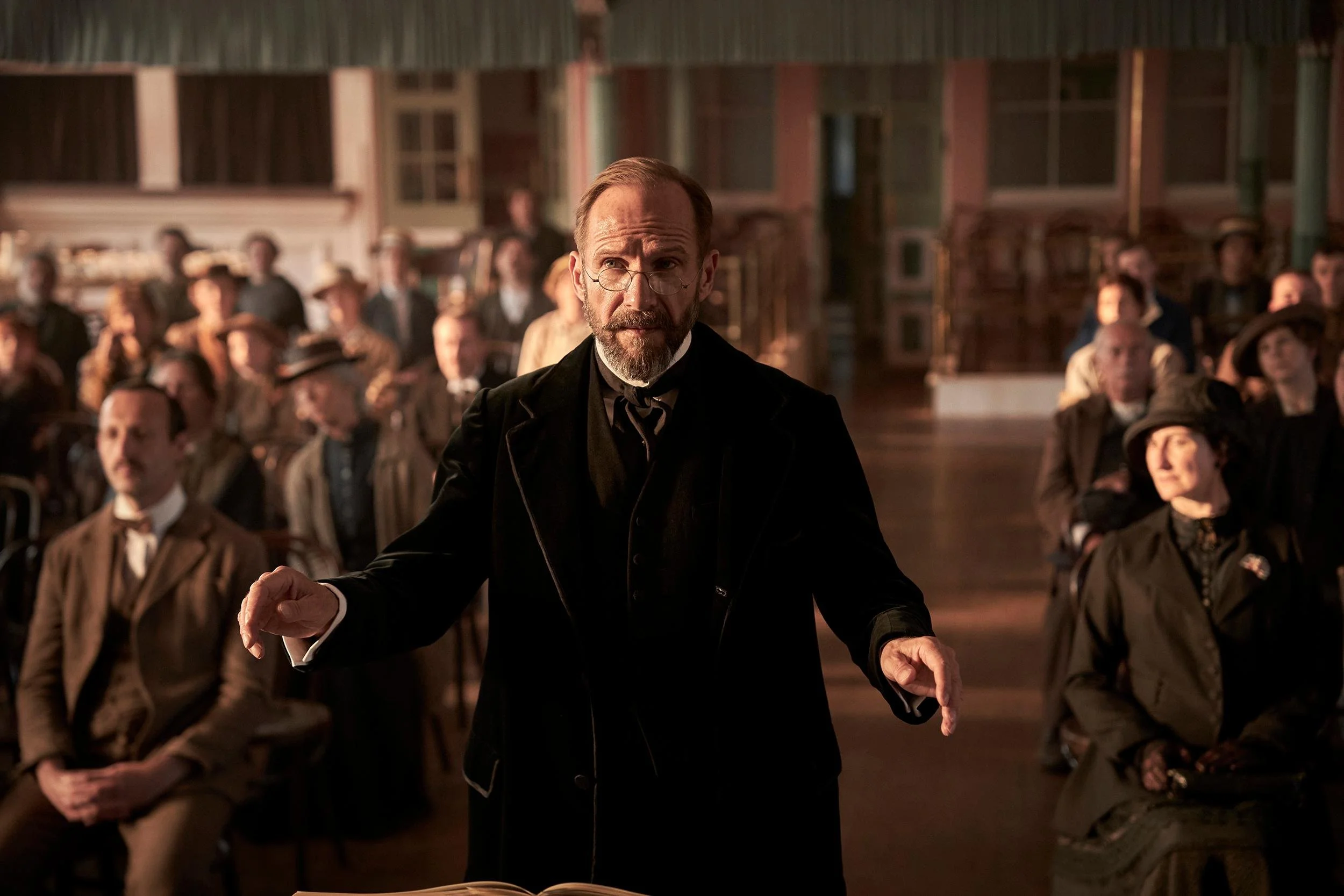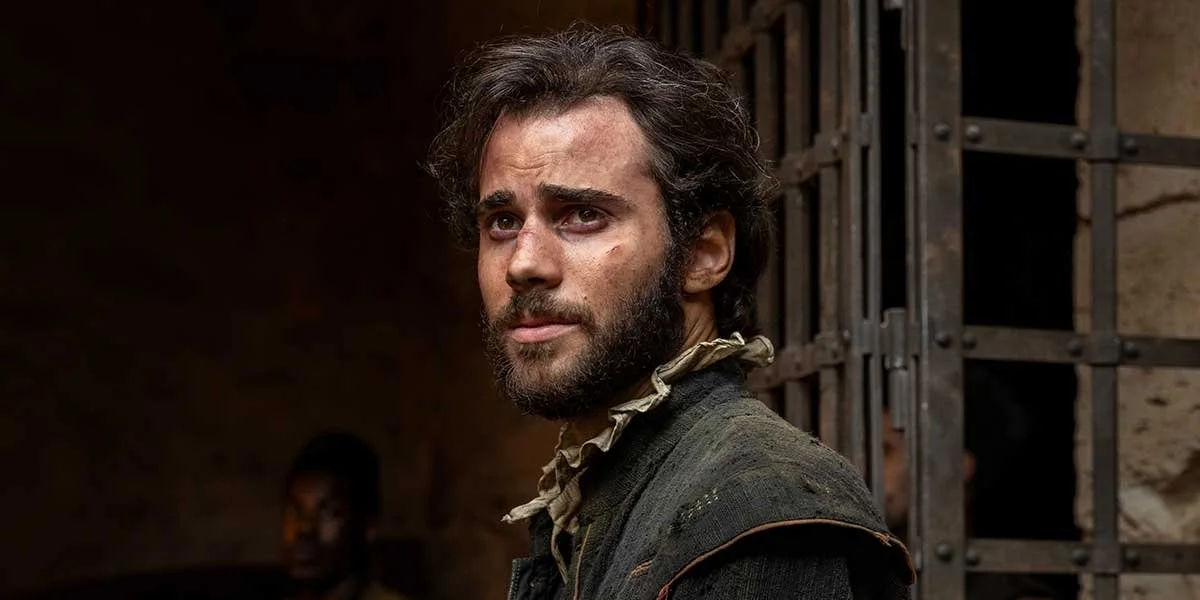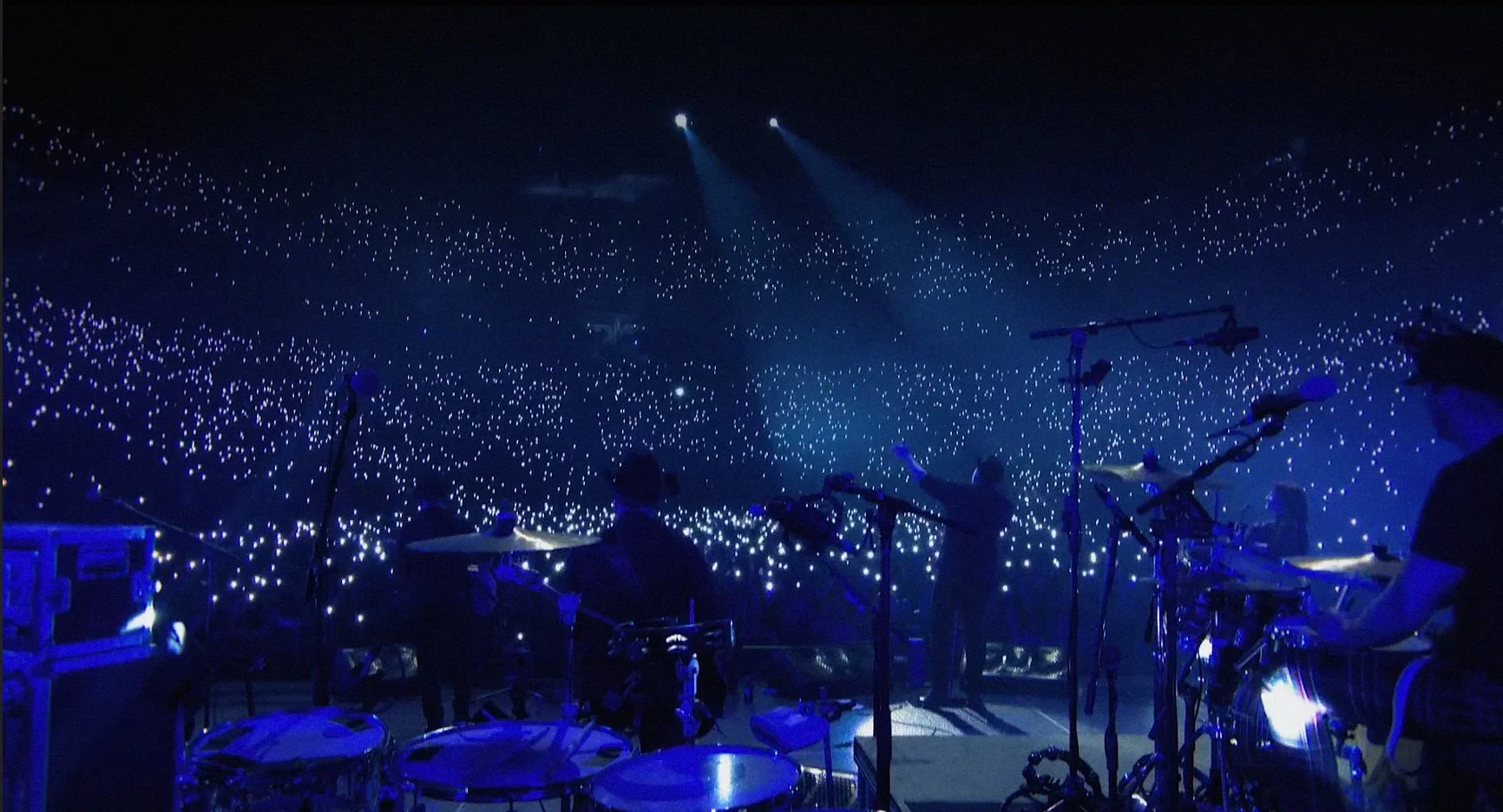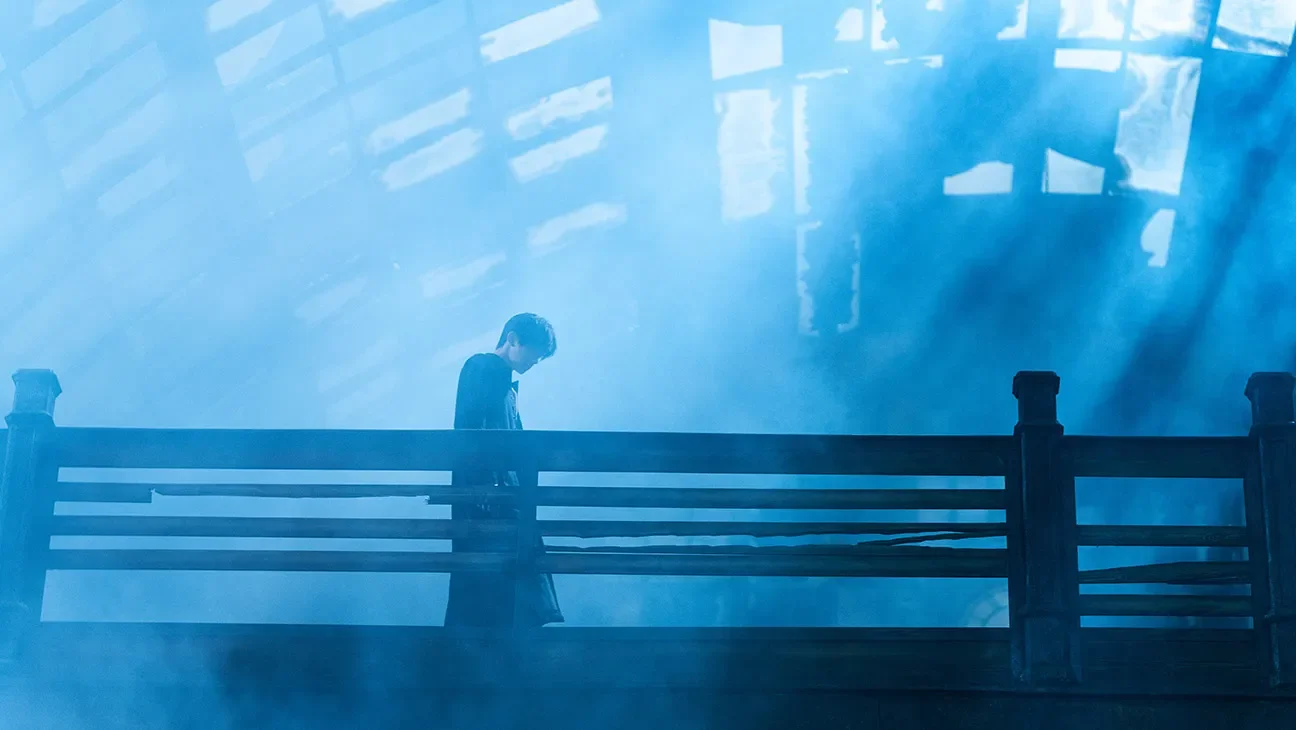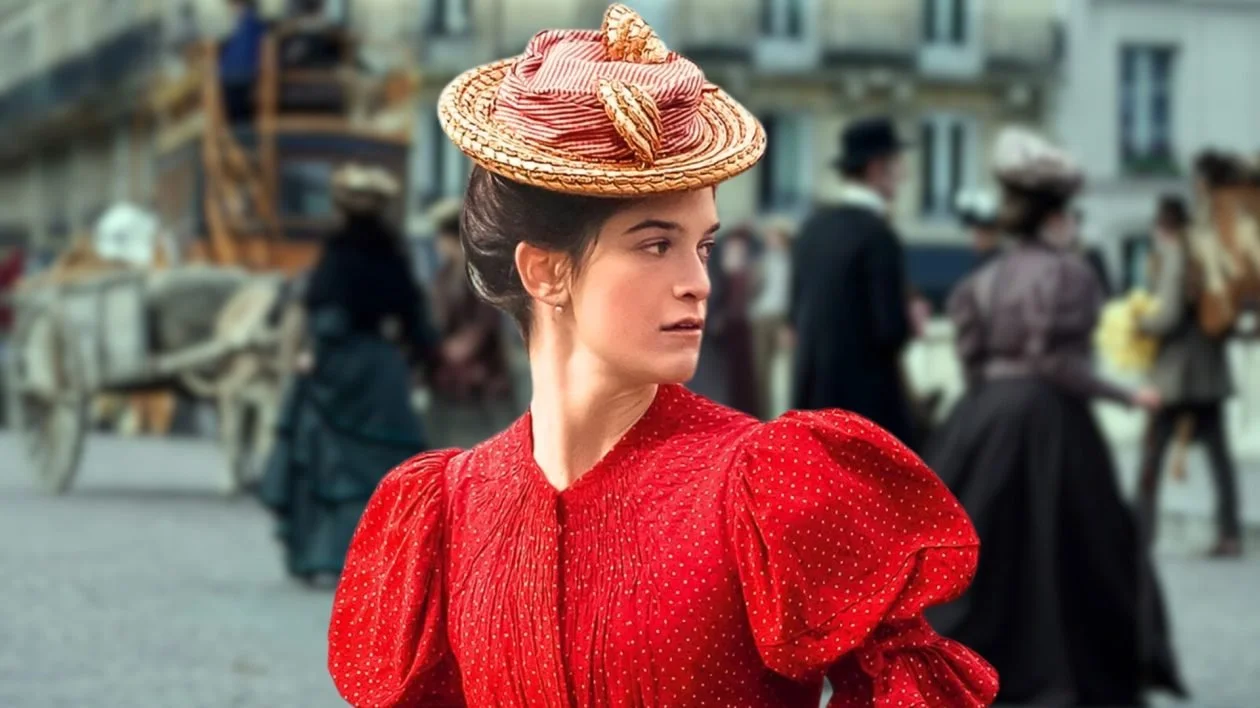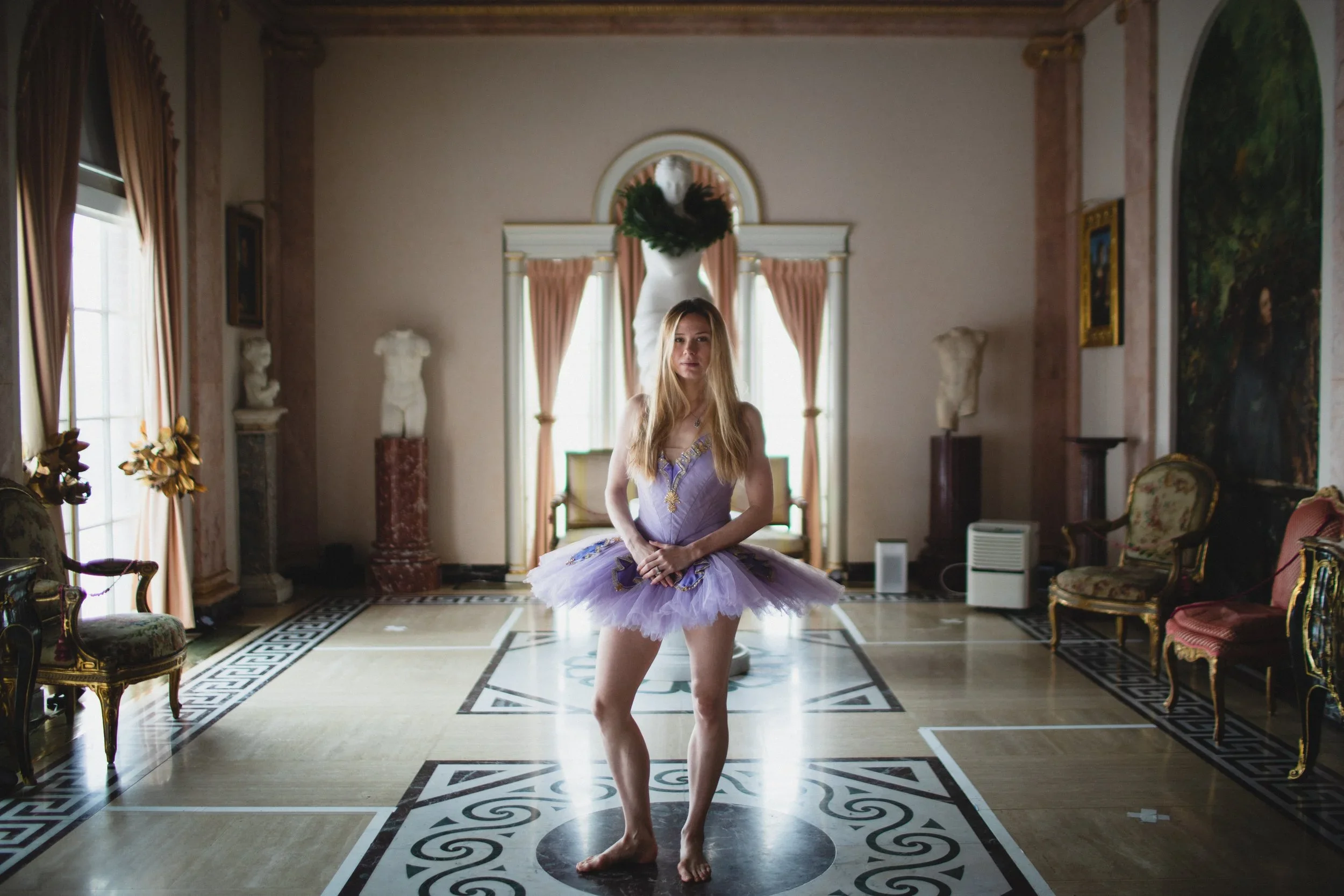REEL Crafted film festival meets the makers
Audiences get to know those who wholly devote their lives to craft-based work at Crafted Vancouver’s online fest
Carving the Divine explores the artistic process and guild culture of modern-day Busshi, rigorous practitioners of a 1,400-year lineage of Buddhist woodcarving.
Crafted Vancouver’s REEL Crafted film festival runs online until May 25. Its two feature films, Against the Grain and Carving the Divine, have their Canadian premiere as a special event on May 15 only. All-access passes are complementary with donations accepted.
Vancouver film editor Richard Lukacs has always immersed himself in the arts. A maker of short films, commercials, and videos, the native of Székesfehérvár, Hungary sings, plays theremin, has just started learning saxophone. He dabbles in photography and writing and enjoys painting and woodworking. So when COVID-19 hit and the world went into lockdown, Lukacs, like so many artists, found himself in a creative dead zone.
What lifted him out of it was work he was doing in his role as director of REEL Crafted. As he was selecting entries for Crafted Vancouver’s 2021 film festival, he found his artistic spirit renewed. With seven shorts and two feature films, the fest shines a light on fine craftmaking from all over the globe, introducing audiences to the people who dedicate their lives to honing very particular and sometimes peculiar skills.
“I found myself having a really strong creative block at the beginning of this pandemic,” Lukacs tells Stir. “I couldn’t focus on anything. I was trying to do things but was really uninspired; just sitting at home pretty much got to me.
“I started putting this festival together, and started seeing these films about people doing amazing work, and hearing about their influences and inspiration,” he says. “It pushed me to get back to my creative mindset. These films helped me in that sense, and I would say I think the festival can help everybody who would like to get inspired these days.”
Now running online to May 25, REEL Crafted covers a lot of ground—literally, with entries from the U.S., the U.K., Australia, Japan, Iran, and Lesotho. The forms of craft featured are just as diverse, from costume and set design and instrument-making to tailoring and woodworking.
The two features, Carving the Divine and Against the Grain, are having their Canadian premieres at the Crafted Vancouver fest.
Carving the Divine explores the artistic process and guild culture of modern-day Busshi, rigorous practitioners of a 1,400-year lineage of Buddhist woodcarving. Living an austere lifestyle, the Buddhist sculptors of Japan create exquisite works of art.
Sebastian Cox, a wild wonder in the modern craft world, is the subject of Duncan Parker’s feature film Against the Grain.
In Against the Grain, filmmaker Duncan Parker profiles Sebastian Cox, a renegade in the craft world who combines traditional woodworking practices with sustainable materials, creating everything from lampshades made of mycelium to fire-scored tables. “His approach is to make the relationship between craft and the environment as positive as possible,” Lukacs says. “There’s a very interesting question that is the focus of the film which he asks along the lines of: ‘If we really care about the environment and sustainability, why would we make any more stuff?’ The film explores this question. It’s very relevant.
“I wanted to assemble a very tight and fun and inspiring and informative program that’s also addressing maybe some uncomfortable questions and concerns about art and craft,” he adds.
Lukacs is especially moved by the artists of poverty-ridden Lesotho who are featured in “From Trash to Treasure”. Nthabiseng TeReo Mohanela takes discarded materials and turns them into clothing and accessories. The film also introduces viewers to filmmakers who are advocating for the end to child marriage; songwriters addressing the climate crisis; designers using fashion to preserve Basotho culture; and more. “It’s set in one of the world’s poorest countries, and it’s about locals trying to turn their negatives into positives and make art from basically dirt and trash,” Lukacs says. “I found this film to be one of the most inspiring.”
“Peregrinations of a Citizen Botanist” follows textile artist Susie Vickery as she presents an exhibition, complete with a third-scale puppet, on the 18th-century explorations of French botanist Jacques-Julien Houtou de Labillardière along Australia’s South West coast. British craftsman Lawrence Neal collects rushes from rivers for furniture in “The Chair Maker”; “A Love Story” unfolds in a world of wool; and 84-year-old Ali-Mohammad, the last remaining rural felt-crafter of Iran’s Neyshabur region, offers an honest look at his work at the end of his life “Days of Ignorance”. In “The Future Is Handmade”, Dutch archaeologist Maikel Kuijpers explores the knowledge economy. Then there’s “How to Bend Concrete in 108 Easy Steps”, in which Neal Aronowitz painstakingly forges the industrial material into stunning furniture.
Beyond bringing little-known or time-honoured artforms to the public’s attention, the films get to know the makers and what drives them.
“It boils down to personality,” Lukacs says. “The people who are featured in these films seem to be characters themselves who have spent a long time figuring out what they wanted to do. They just knew they had to do something unique.”



